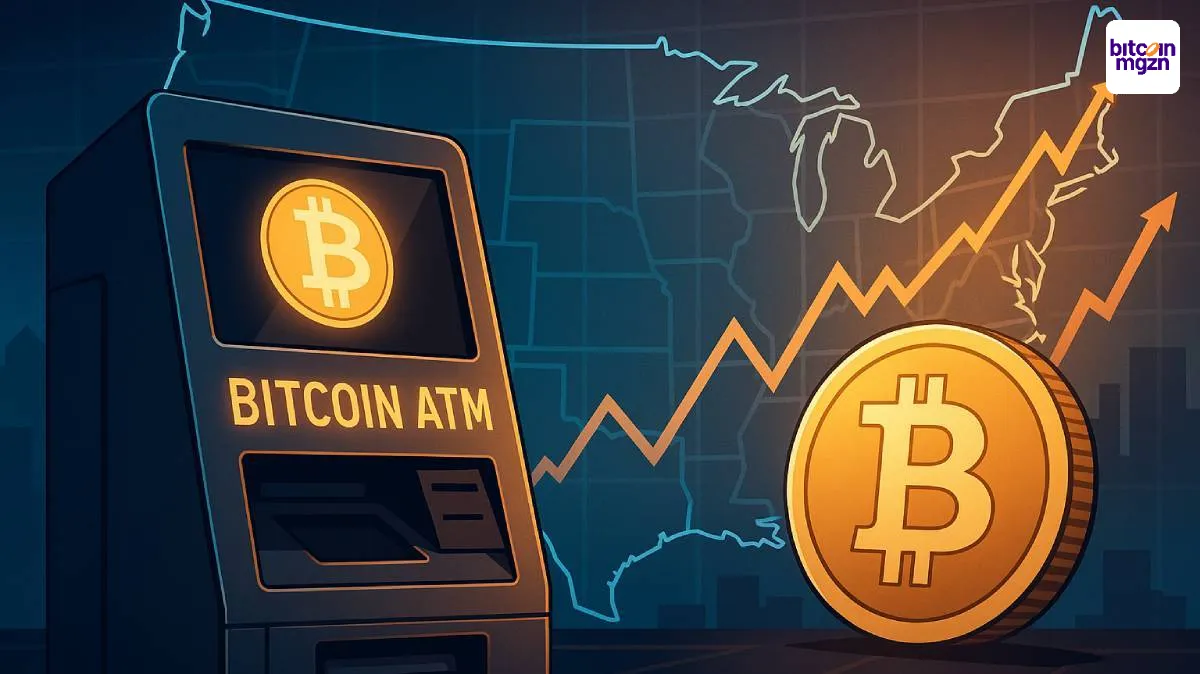In recent years, Bitcoin kiosks have gained visibility across the United States, offering a convenient method for users to turn cash into cryptocurrency. However, they have also faced scrutiny due to various fraud cases, which prompted legislative action in Maine, leading to significant changes in the local operation of Bitcoin kiosks.
New Legislation in Maine
In June 2025, Maine’s Governor Janet Mills signed an urgent law, LD 1339, aimed at regulating virtual currency kiosks. This legislative move was a direct response to a surge in fraud cases associated with cryptocurrency kiosks. Numerous testimonies revealed that individuals lost thousands of dollars to scams, highlighting the need for updated regulatory measures.
Consequences for Local Businesses
The impact of the new regulations has forced Maine Bitcoin LLC, a prominent player managing dozens of kiosks in Maine and New Hampshire since 2016, to cease operations. Founder Jake Snow indicated that the stringent fee cap—set at a maximum of $5 or 3% of the transaction—rendered the business model unviable. Previously, kiosk operators commonly charged fees ranging from 15% to 20%, and even more in some instances, making the new limits drastically challenging for profitability.
Accessibility Concerns for Cryptocurrency
The shutdown of Bitcoin kiosks raises important questions regarding the accessibility of cryptocurrency for consumers. Many users relied on these kiosks for a straightforward way to purchase Bitcoin with cash. As these options diminish, potential new users may find it increasingly difficult to engage with digital currencies.
Balancing Safety and Innovation
Proponents of the legislation argue that stricter regulations will enhance consumer confidence and cut down on scams. In 2024, the FBI recorded nearly 11,000 fraud incidents linked to crypto kiosks, leading to significant financial losses totaling over $246 million. However, this legal action is part of a broader trend, as other states, including Vermont and cities like Spokane, are also implementing stringent measures, potentially driving a shift towards online exchanges.
The Industry’s Future
The situation in Maine illustrates a delicate balancing act for regulators. While the goal is to safeguard consumers, there exists a fundamental principle within the cryptocurrency sector advocating for unrestricted access. The challenge remains for policymakers to strike a balance between consumer protection and maintaining open avenues for cryptocurrency engagement.
Explore cryptocurrency options safely on established platforms.


